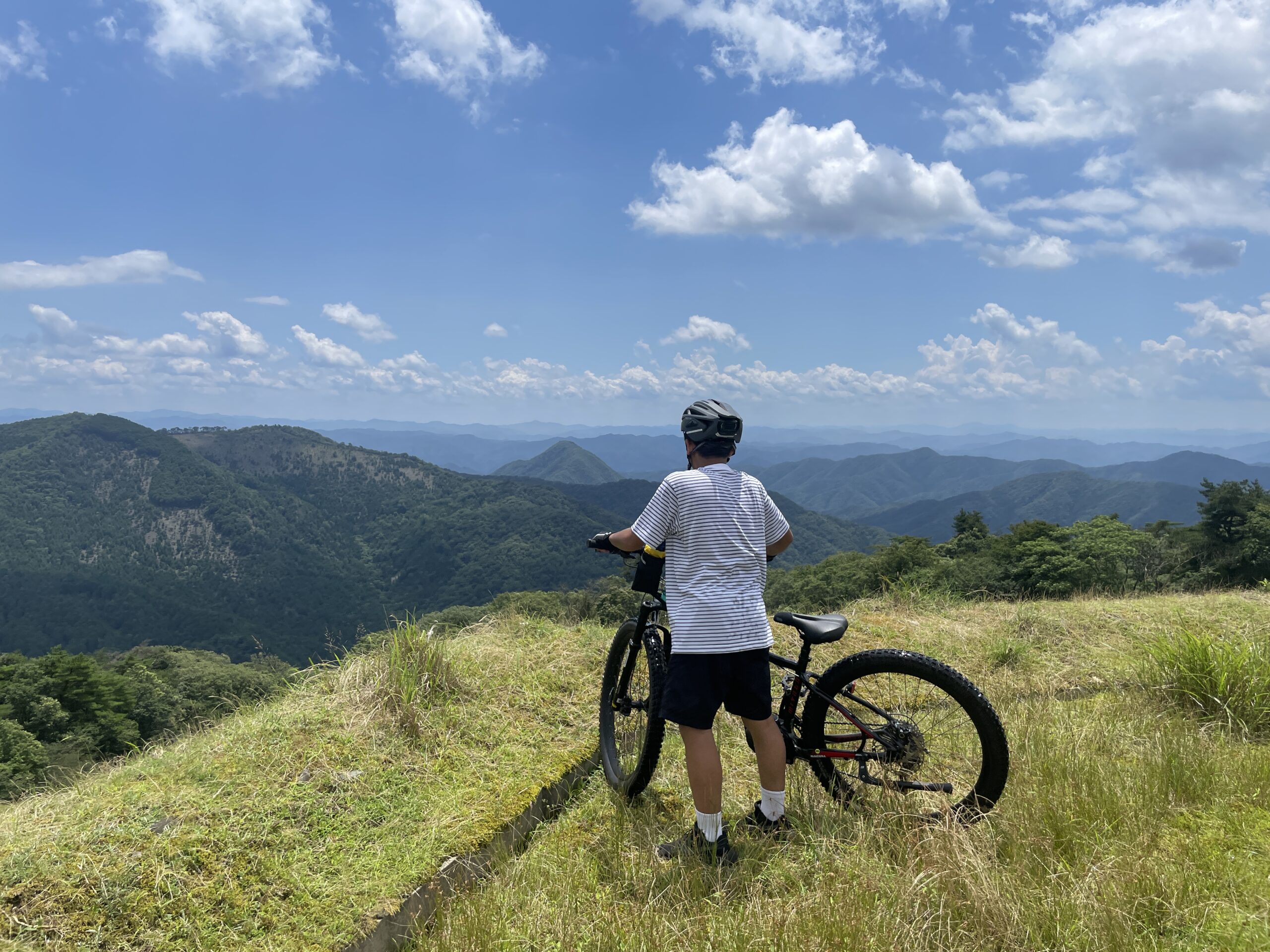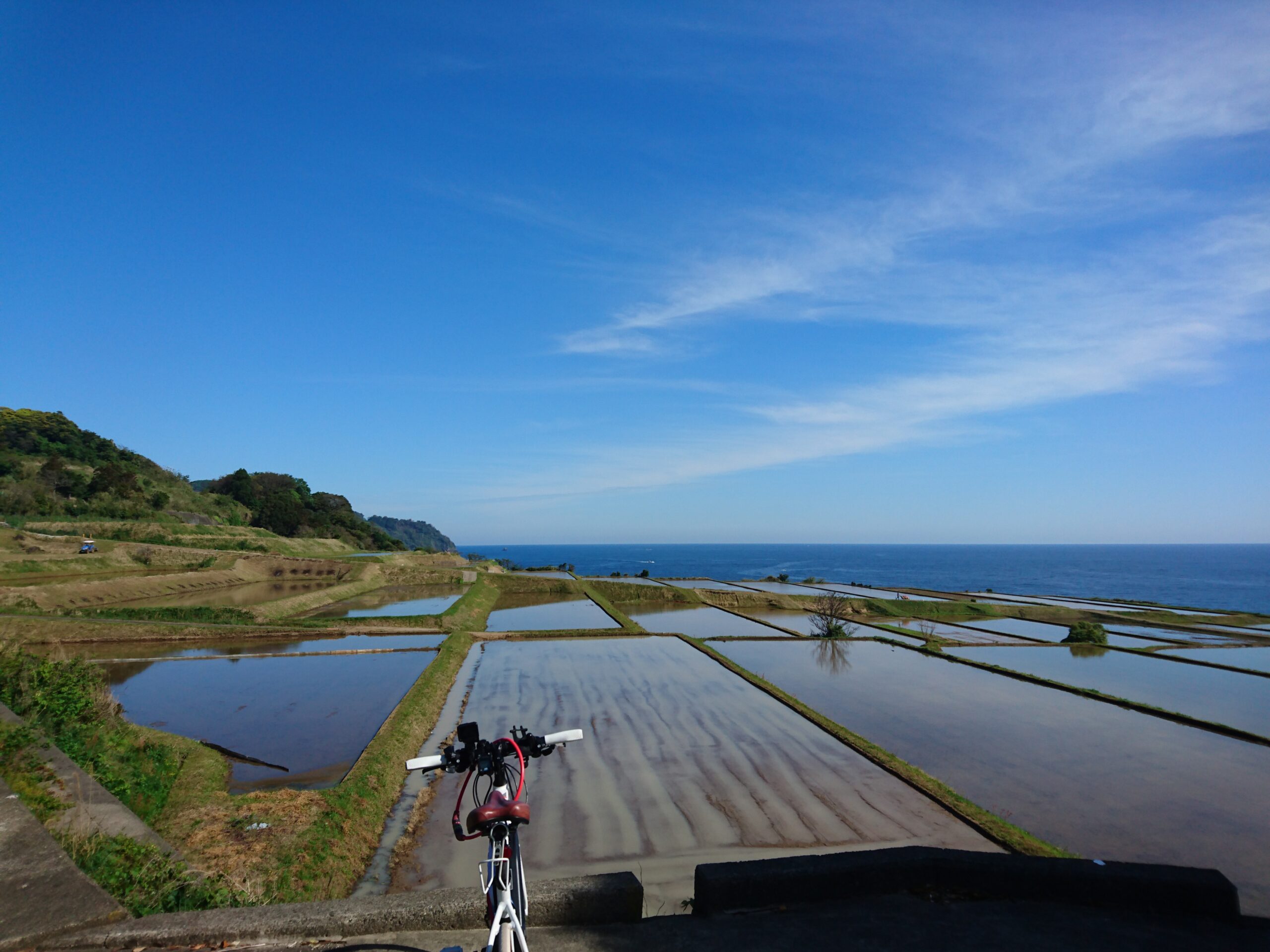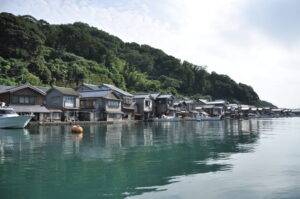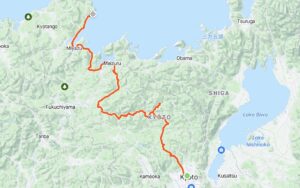Japan is the country with the most climate zones in the world.
From high mountain climates like the Alps to cold climates like Alaska, Pacific climates like Hawaii to Mediterranean climates, this archipelago has it all.
This means that you can always do your favourite activities, depending on the time of year and the location!

A. Hokkaido: Cold climate
Famous places include Sapporo, Niseko, and Furano.
There are differences between the north and south sides. In the north (Japan Sea side, such as Sapporo), it snows a lot in the winter. Summer is comfortable and dry.
In the south (Pacific Ocean side, such as Kushiro), it is very cold in the winter but doesn't snow much. In the summer, it is very foggy.
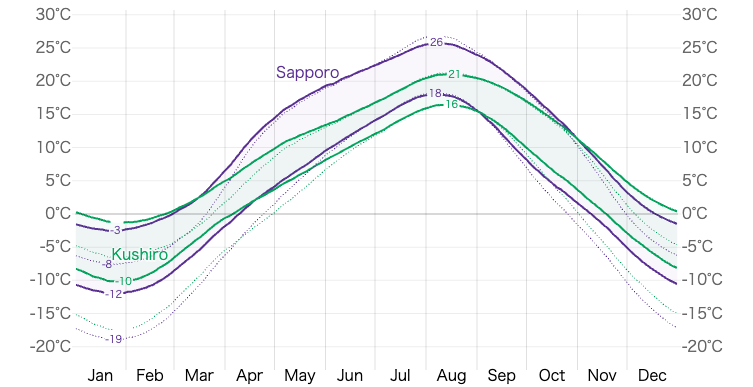
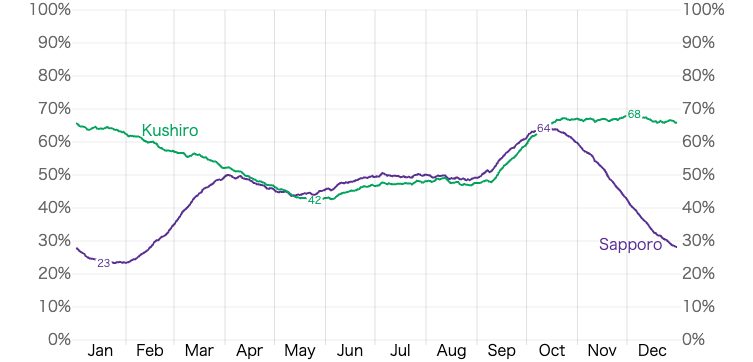
B. Japan Sea side: Humid subtropical & dry summer
Famous places include Amanohashidate, Ine, Kanazawa, and Kinosaki.
Temperatures vary between the north(such as Aomori) and south(such as Miyazu), but summers are dry and mostly sunny, while winters are rainy or snowy throughout the year, with a rainy season from late June to early July. Typhoons rarely come.
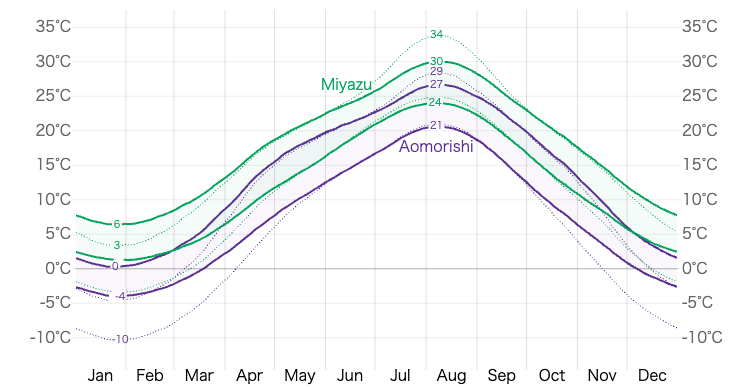
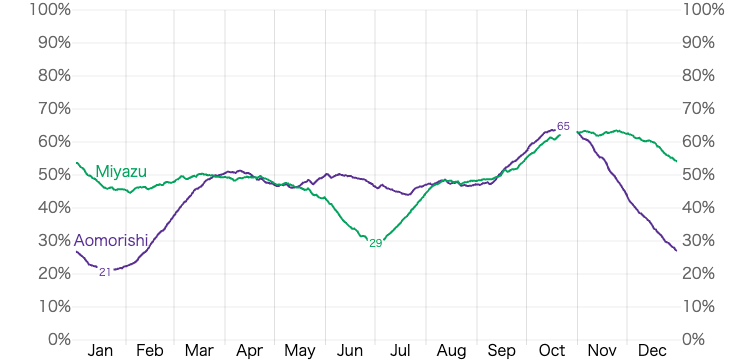
C. Pacific side: Humid subtropical & dry winter
This is the region where most of Japan's population is concentrated (such as Tokyo, Kyoto) and where industrialization is most advanced. Summers are extremely hot and humid, but winters are sunny. There is a rainy season from late June to early July, and typhoons often come from August to October. This is also an area that is prone to earthquakes and tsunamis.
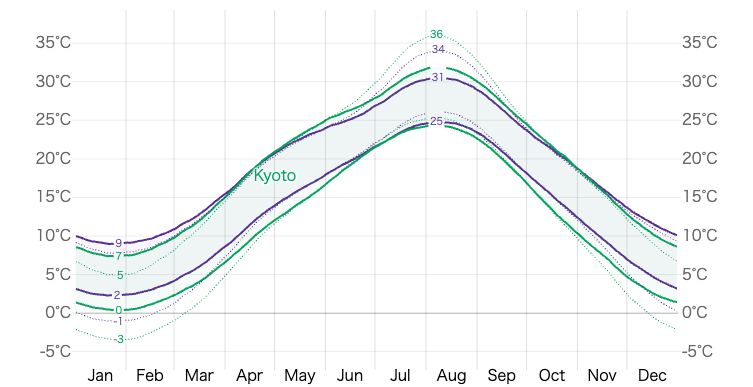
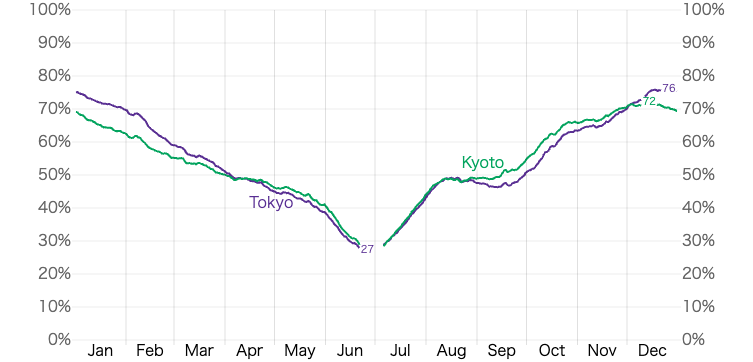
D. Central Highlands climate
Famous places include Hida Takayama, Shirakawa-go, and Hakuba.
Humidity is low and temperature is low throughout the year. It is generally cloudy. It snows a lot in winter. June is the rainy season.
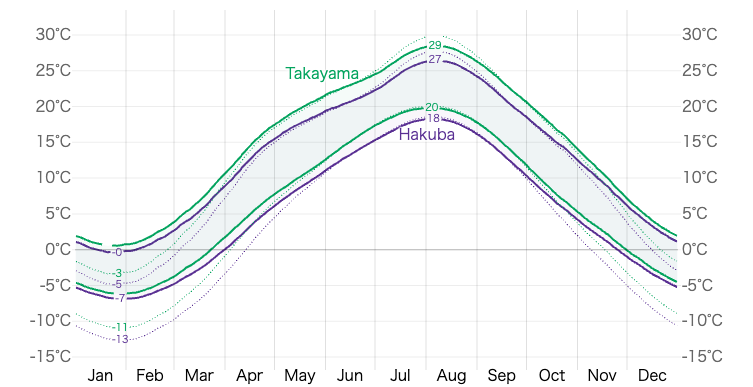
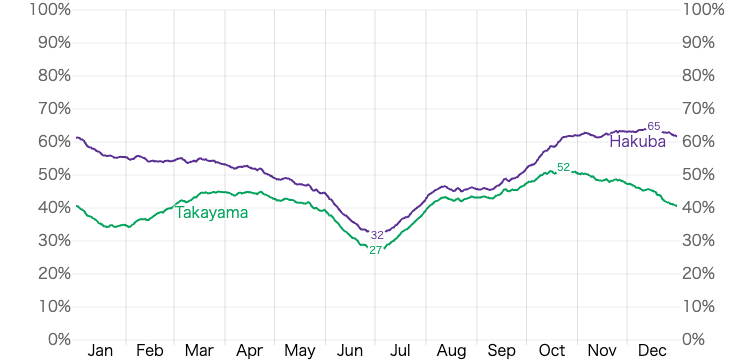
E. Seto Inland Sea climate
Famous places include Hiroshima, Shimanami, and Kobe.
It gets really hot in the summer. Humidity is generally low. It is sunny in the summer and winter, but it tends to rain in the spring and fall.
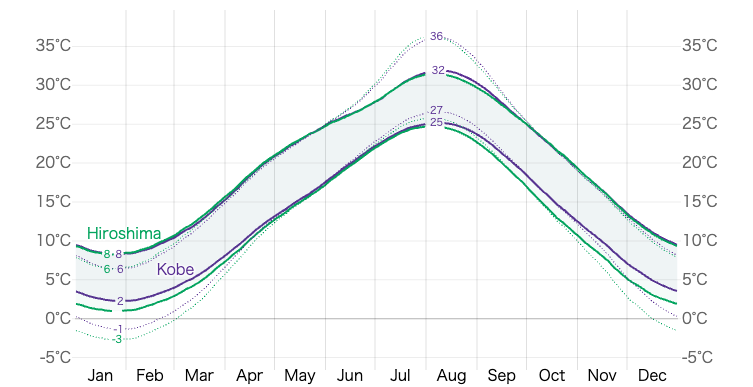
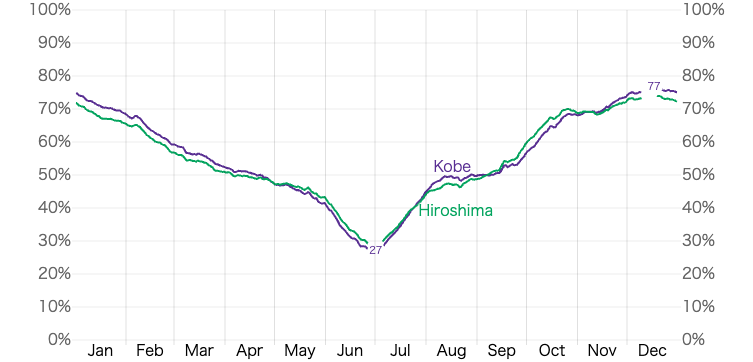
F. Southwest Islands climate
Famous places include Okinawa and Ogasawara.
It is warm all year round, there is no rainy season, and typhoons come frequently.
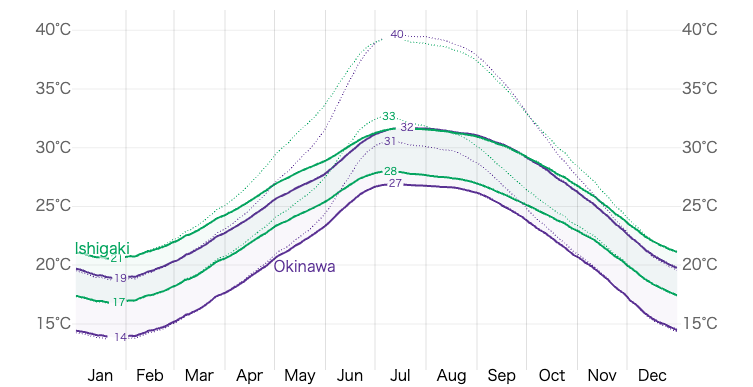
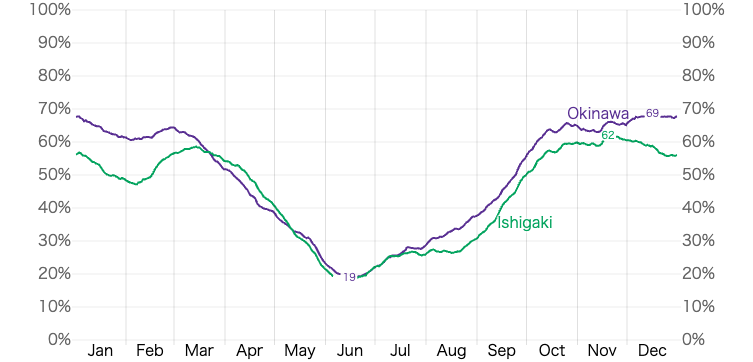
A completely new climate zone: Urban

Like many cities around the world, Japan is highly urbanized and the climate is changing dramatically, especially in Tokyo and Osaka.
More and more Japanese and foreigners are flocking to the cities, where the heat from air conditioners and cars makes it hotter, and then people turn on even more powerful air conditioners… creating a vicious cycle that makes summers hotter and hotter.
Every year many children and elderly people die from heatstroke, so be careful of the risk to your life if you go to Tokyo, Kyoto, or Osaka in the summer.
Conversely, in winter the concrete jungles block out sunlight and the wind from the buildings makes you freezing.

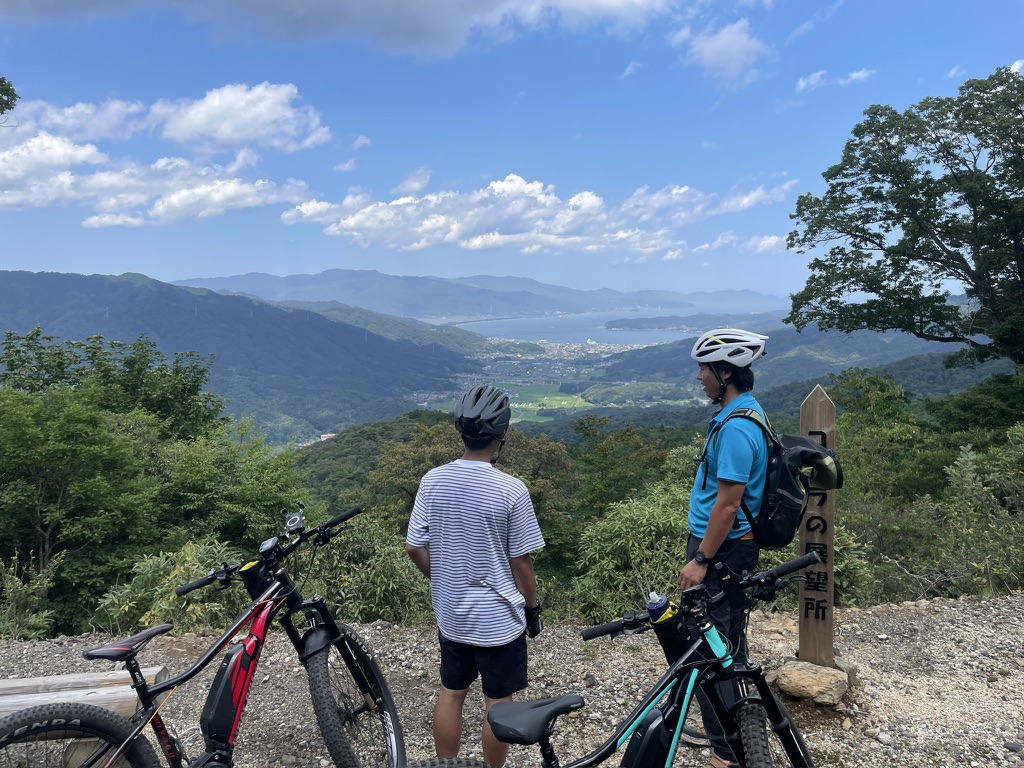
However, the number of Japanese people living in cities and tourists going to cities continues to increase, and the countryside where I live is becoming less and less crowded. However, it has become cooler and more comfortable. I definitely recommend traveling to the countryside of Japan!
Recommended times and areas for each activity
Sightseeing in the city
C. Pacific Area (Tokyo, Osaka, Nagoya)
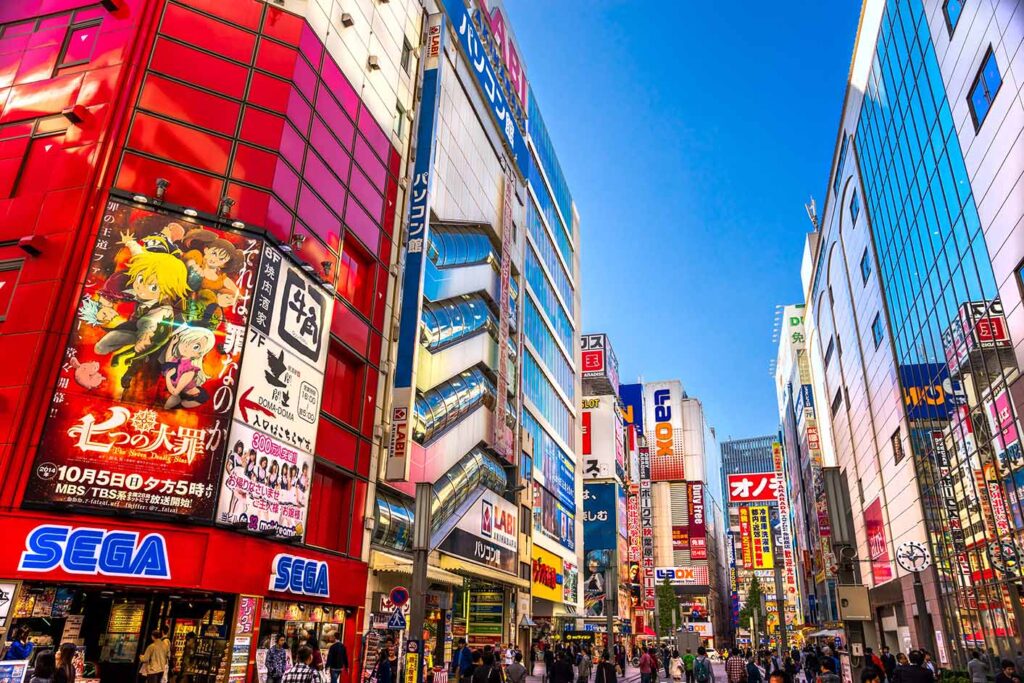
Better
October to May
Bad
June to September
Cycling
| Area | Jan | Feb | Mar | Apr | May | Jun | Jul | Aug | Sep | Oct | Nov | Dec |
| Hokkaido | ⛄️ | ⛄️ | ⛄️ | 🤔 | 🙂 | 🙂 | 👍 | 👍 | 👍 | 😐 | 🤔 | ⛄️ |
| Japan Sea side | ⛄️ | ⛄️ | 🙂 | 👍 | 👍 | ☔️ | 🙂 | 🙂 | 🙂 | 🙂 | 🙂 | ⛄️ |
| Pacific side | 🙂 | 🙂 | 🙂 | 🙂 | 👍 | ☔️ | 🥵 | 🥵 | 🥵 | 🌪️ | 👍 | 🙂 |
| Central Highlands | ⛄️ | ⛄️ | ⛄️ | 🙂 | 🙂 | ☔️ | 👍 | 👍 | 👍 | 🙂 | ⛄️ | ⛄️ |
| Seto Inland Sea | 🙂 | 🙂 | 🙂 | 👍 | 👍 | ☔️ | 🥵 | 🥵 | 🥵 | 🙂 | 🙂 | 🙂 |
| Southwest Islands | 👍 | 👍 | 👍 | 👍 | 🙂 | 🥵 | 🥵 | 🥵 | 🥵 | 🙂 | 👍 | 👍 |
Famous cycling routes in each area
Hokkaido
Furano

Lake Shikotsu

Japan Sea side
Tango peninsula
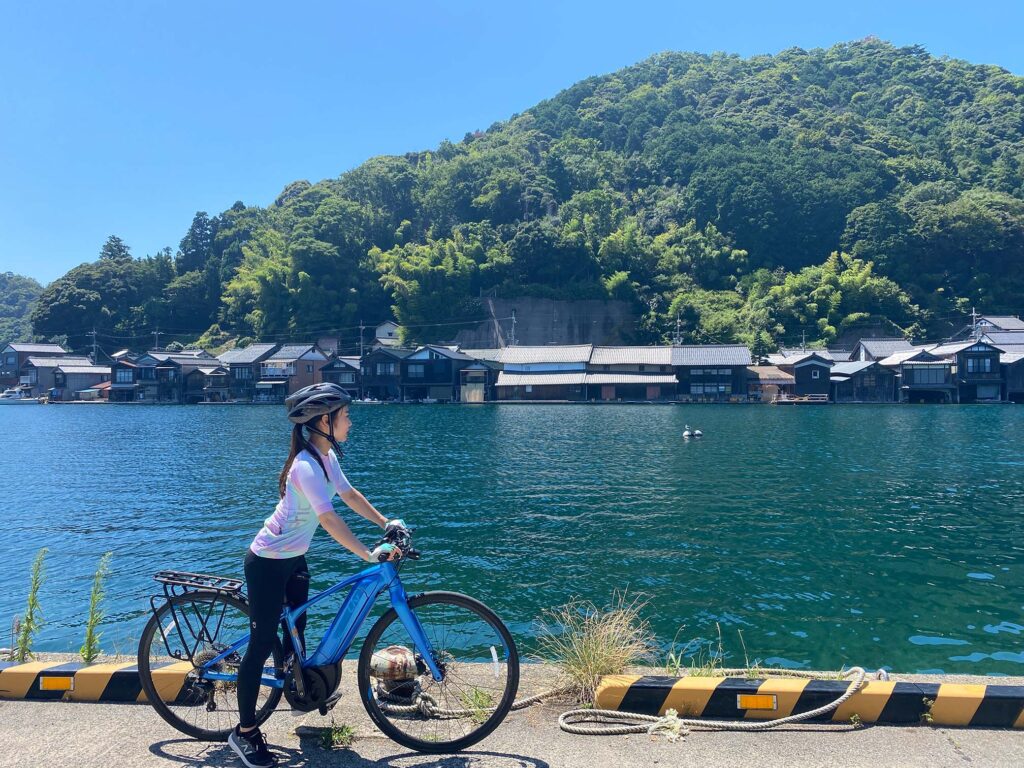
Noto peninsula

Pacific side
Mt.Fuji

Wakayama

Central Highlands
Hakuba

Nakasendo

Seto Inland Sea
Shimanami
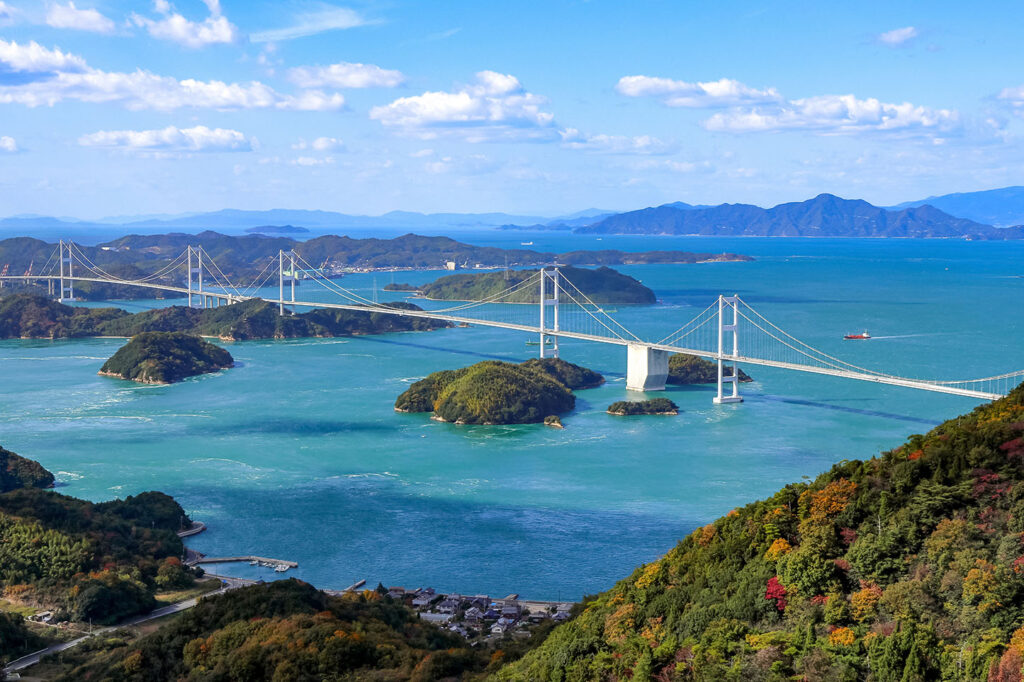
Southwest Islands
Okinawa
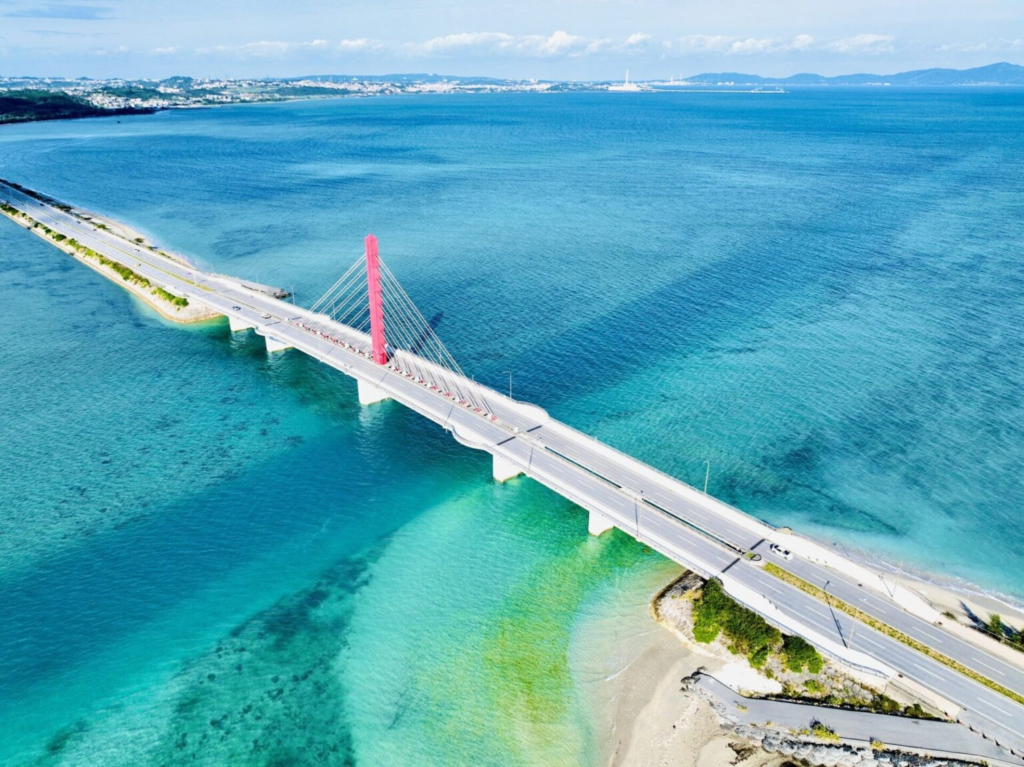
By the way, our area can be enjoyed in any season by changing the location and method: cycling along the sea in spring and autumn, mountain biking in the mountains in summer, and cycling within Kyoto city in winter! Please make a reservation.
